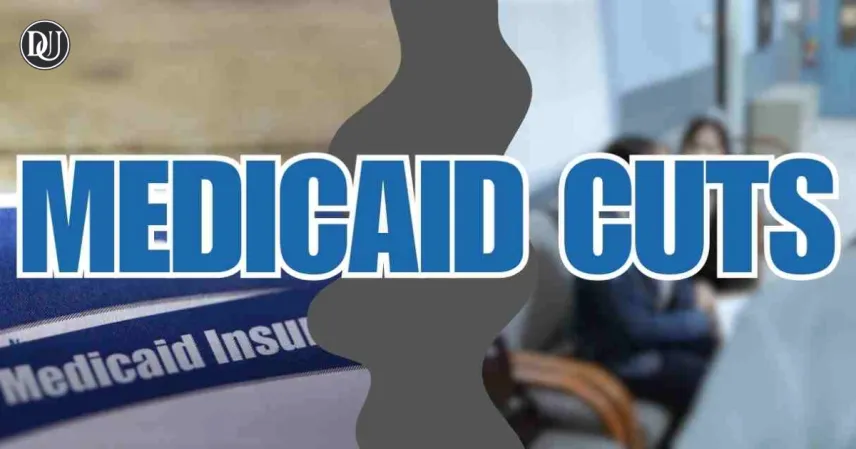🩺 Medicaid Cuts Proposal Sparks National Debate
🧠 What’s Really Going On?
A new proposal from lawmakers has stirred up deep emotions across the country — and for good reason. A bill has been introduced that would cut billions in Medicaid funding, a move that could directly impact the lives of millions of low-income families, seniors, and people with disabilities.
The proposed changes include things like work requirements for adults without children, frequent eligibility checks, and even cost-sharing rules that could mean some people have to pay more just to get the care they need. On the surface, it may sound like a way to “save money,” but the human cost is where the real story begins.
👩⚕️ Real People, Real Consequences
If this proposal goes through, it's estimated that millions of people could lose access to the only healthcare they can afford. Think about the single mom working two jobs to support her kids. Or the elderly man who relies on Medicaid to pay for his heart medication. These aren’t statistics — they’re our neighbors, friends, and family members.
Hospitals, schools, and community programs would also take a hit. Many of these institutions rely on Medicaid dollars to keep their services running. Without them, even people who don’t directly use Medicaid could feel the ripple effect — longer wait times, reduced staff, and fewer available resources.
💔 Divided Opinions, Uncertain Futures
This isn’t just a policy issue. It’s a deeply personal and emotional one. Some leaders argue these changes are necessary to control federal spending. Others are sounding the alarm, saying the cuts would hurt the very people America should be helping.
Even within the same political party, there’s tension. Some representatives are pushing forward confidently, while others are worried that the cuts could damage trust with the very voters who put them in office. It’s clear that the debate isn’t just about dollars — it’s about values.
💬 So, What Happens Now?
The bill is expected to be debated in the coming weeks. While nothing is final yet, the conversation is heating up fast — both inside Washington and across dinner tables nationwide.
This is a moment when public voices matter. Whether you support the changes or strongly oppose them, one thing is certain: the outcome of this bill will affect lives in a very real, very lasting way.










